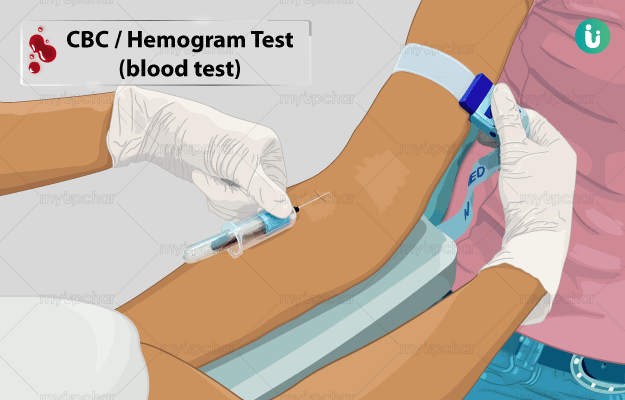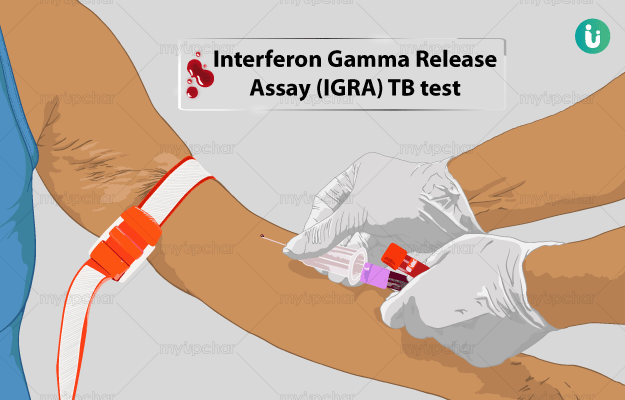What is a CBC (Complete Blood Count) test?
Complete blood count (CBC) is a blood test that helps evaluate the number of circulating blood cells and the amount of haemoglobin present in red blood cells (RBCs).
Multiple conditions, such as anaemia, leukaemia, platelet deficiency, bacterial infections can be diagnosed using a CBC test by assessing abnormalities in blood cell counts. Infections and allergies can also be distinguished when a differential WBC count is performed.
































